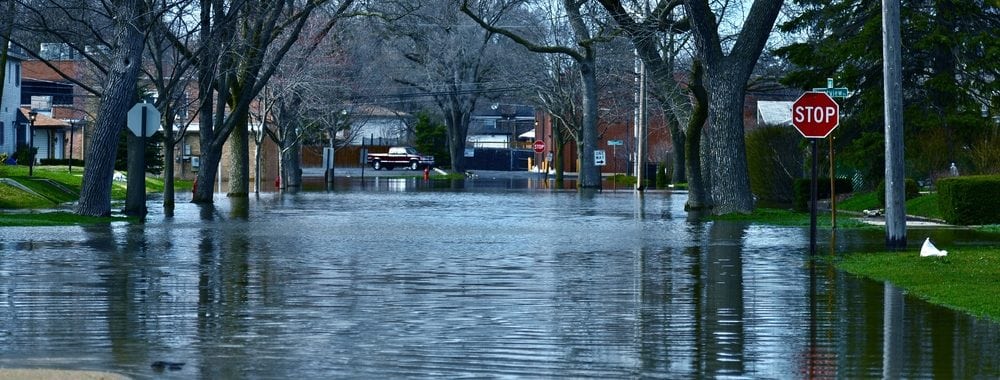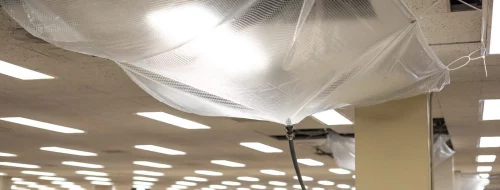As homeowners, we hear a lot about the dangers of water damage in general. A leaky pipe, heavy rains, or a faulty hose in an appliance can cause flooding or standing water. However, given the choice between “normal” water damage and a sewage related problem… sewer damage is the bigger issue every time.
Why Is Sewage So Bad?
When we think of sewage, we immediately know that the water is dirty. However, not many people know that water damage caused by sewage is broken into three different categories.
Category 1: Clean water is just that – clean water. This is the water that comes from supply sources like direct water lines or faucets. This water is safe, but if a leak is left untreated, it can become a category 2 or 3.
Category 2: Gray Water is water that could potentially contain bacteria and viruses. It comes from an overflow of dishwater, water from a washing machine, or toilet. There can also be urine traces in the water, but no detection of feces.
Category 3: Black Water is extremely dangerous and can cause illness or even potential death if ingested. This Black Water consists of untreated sewage, chemicals, viruses, and harmful bacteria. Think flooding from toilets, rivers, ponds, and streams.
All water that comes from sewer damage like a sewage back up, septic back up, or toilet overflow are black water flooding and extremely dangerous should a person come in direct contact with it.
Pathogens and parasites can fester in the water which can lead to serious infections and diseases.
How to Treat Sewage Flooding
If you suspect a sewage problem in your home stay away. Immediately call in the help of a professional. Black water is extremely dangerous. The longer the sewage problem goes without treatment, the bigger the problem becomes, and leads to cross contamination throughout the property.
Address the damage quickly by calling McMahon Services. Follow these tips to avoid sewer damage in your home:
- Hire a professional plumber to inspect the property for any potential weak points in your sewage system.
- The plumber can install interior or exterior backflow prevention valves that will assist in avoiding sewage backup.
- If a septic tank is involved, avoid blockage. Only flush toilet paper and waste in the toilet – any other products can cause a clog. Never dump cooking grease or food down the toilet.
- Monitor your property after a heavy rain. If you notice sewage back up through plumbing fixtures or floor drains, you can install rubber or wooden plugs in floor drains on lower levels of your home.
- Replace clay and metal pipes with PVC or plastic.
All of these tips will help you stay in front of the sewage problem, but if you experience sewage issues, call the clean up crew at McMahon Services today.








0 Comments